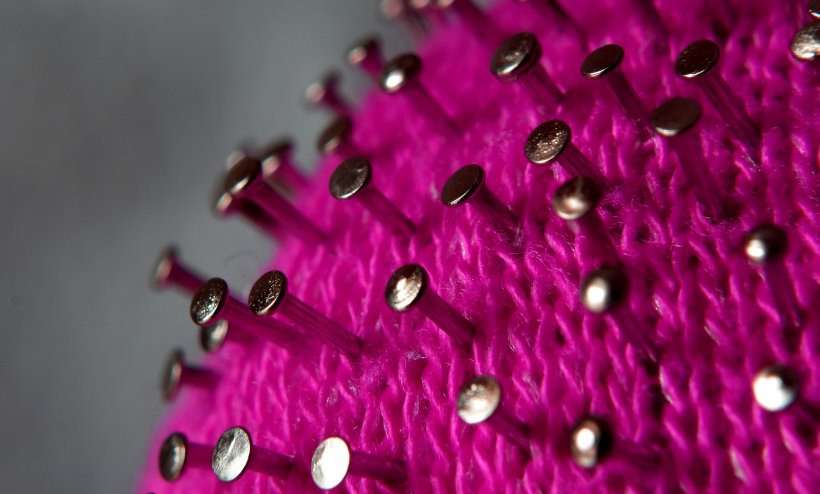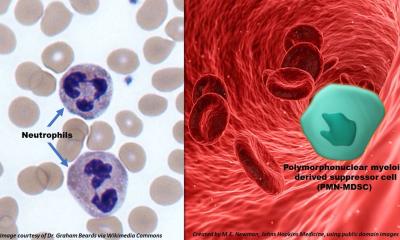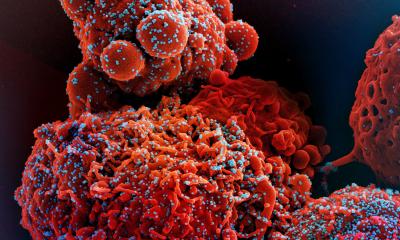
Image source: Thanasis Papazacharias from Pixabay
News • The stronger sex after all
Why women may be better equipped to fight Covid-19
When it comes to Covid-19, women seem to be the stronger sex, suffering severe disease at about half the rate as men, but the reason for this has been elusive. Now a chance experiment by an ophthalmology researcher at Duke Health has led to an insight:
Women have more of a certain type of immune cell that fights infections in mucosal tissue, and these immune cells amass in the lungs, poised to attack the Covidvirus. “Better armed with these specialized immune cells, women appear to be more equipped to fight some of the most severe impacts of Covid-19, notably the respiratory infections that can become life-threatening,” said Daniel Saban, Ph.D., an associate professor in Duke’s Department of Ophthalmology and in the Department of Immunology.
The researchers published their findings in the journal Med.
Our findings uncover a female-specific protective profile carried out by these MAIT cells, and this could potentially help guide the development of treatments and therapies
Daniel Saban
Saban, who led the study, said the investigation began last spring as Covid first spread and he was sidelined from his normal caseload studying eye diseases. A piece of equipment in his lab – a device that can perform 36-color flow cytometry – was sitting idle, so he decided to use it to examine blood samples from Covid patients. “We didn’t start with a hypothesis,” Saban said. “It was a completely unbiased approach, where we asked our colleagues to provide blood and tissue samples from Covid patients as well as healthy people. We had no idea what we would find, if anything.”
Saban and the members of his lab, including Chen Yu, Ph.D. and Sejiro Littleton, quickly saw that a white blood cell called mucosal associated invariant T cells, or MAIT cell, circulated more abundantly in the blood from healthy women compared to healthy men. MAIT cells are highly specialized white blood cells that contribute to immune defenses in mucosal organs and tissues. Among Covid patients, however, there were few MAIT cells circulating in the blood, even among women, where the population of MAIT cells radically fell off, leading the researchers to question where these cells had gone. They found their answer in tissue samples from the lungs of Covid patients. Overall, there were an abundance of MAIT cells in the lung tissue of people with Covid, but upon closer inspection, they found night-and-day differences between the sexes. “We first found this dichotomy in healthy blood,” Saban said. “Circulating MAIT cells in women expressed genes indicative of a robust profile poised for fighting an infection, but this was not the case in males. Then we looked in the tissue and were able to find evidence of this same pattern by sex.”
Saban said there are numerous examples of sexual differences in the immune responses to infections, noting those differences have been prevalent all along with Covid-19. “Our findings uncover a female-specific protective profile carried out by these MAIT cells, and this could potentially help guide the development of treatments and therapies,” he said.
Source: Duke University Health System
16.04.2021





